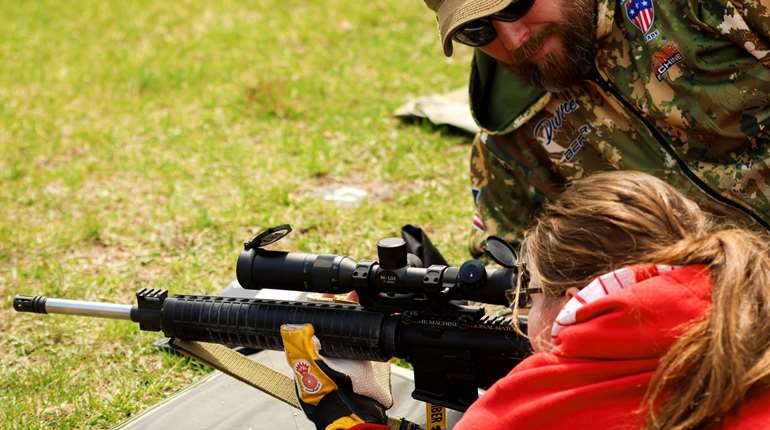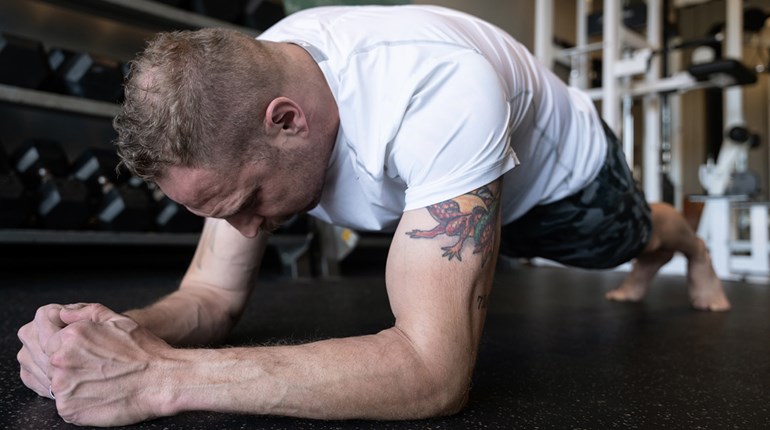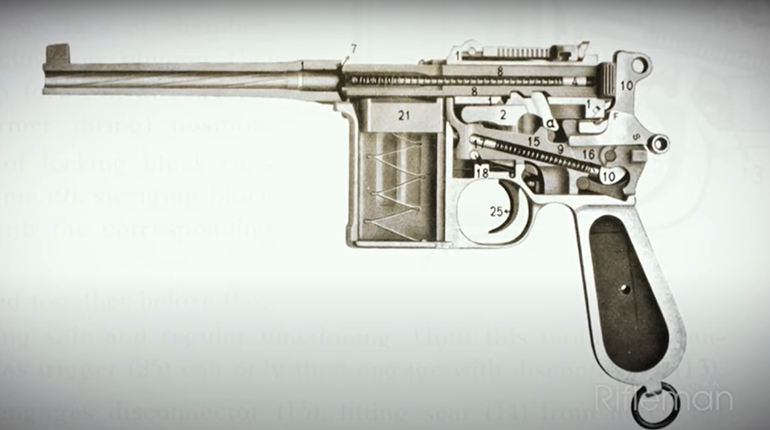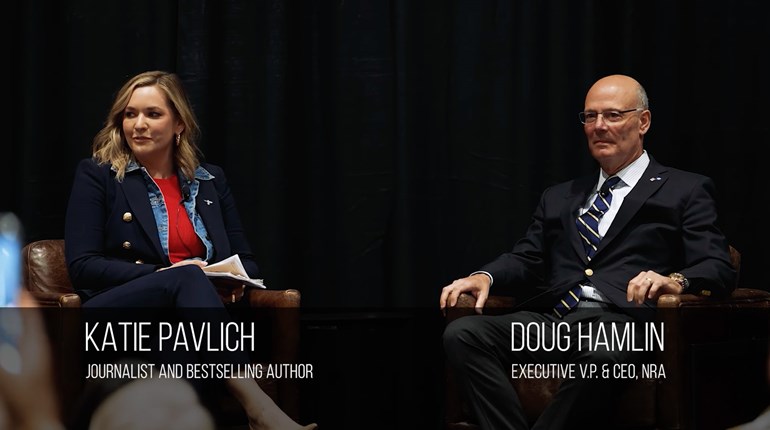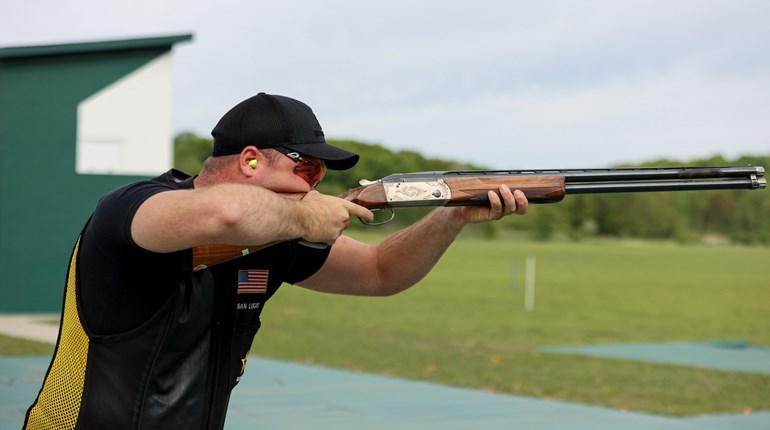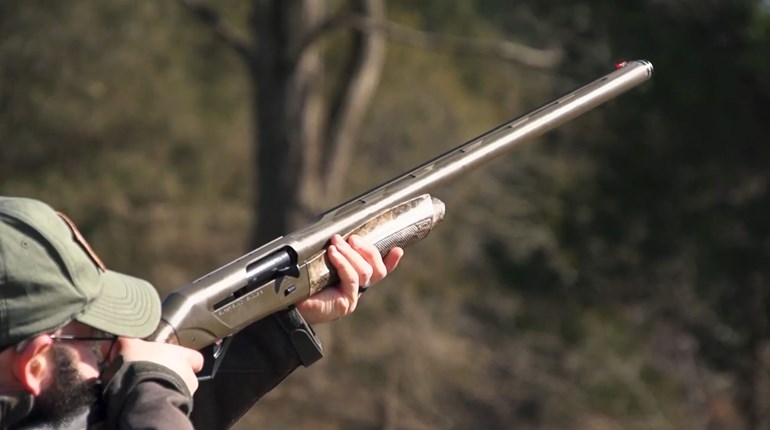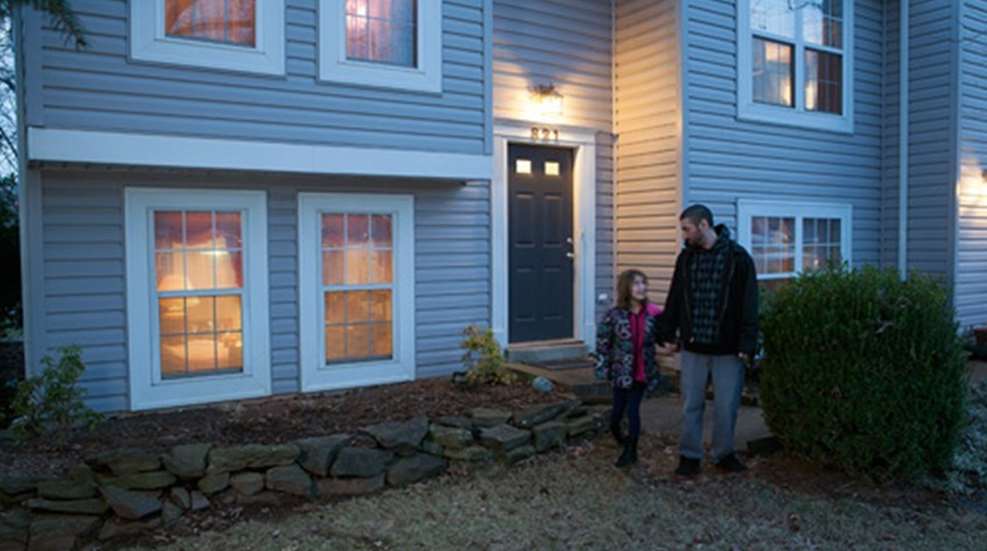
I cringe every time I hear a parent tell their child, “You’d better be good or that policeman will get you.” Most parents just think that they are being cute and don’t really realize that the child might be taking them seriously. They are implanting a negative concept when they ought to be implanting a positive one. Teaching a child to go to the nearest policeman when they are lost, scared or being harassed is the beginning of helping that child develop a personal-defense plan of their own.
On various occasions, I’ve written about the importance of a personal defense plan and the fact that everyone should have one. And, hopefully, a lot of people have given this some thought and planning. What they often overlook is the fact that a defense plan should involve the whole family, including the children. The kids need to know what the grownups are going to do if trouble comes and, more importantly, what the kids can do to help.
Too often, we think of defense plans as having to do with being attacked by someone who has deadly intent. And, while this is certainly important, we shouldn’t overlook other situations that can cause serious problems for our family. A family defense plan should include consideration for house fires, natural disasters, getting lost in a crowd, escaping a riot or any other bad thing that a person can think of. In many of those cases, the kids should be taught to look for a policeman, or police car, and get to that officer as quickly as they can. That also happens to be good advice for us adults, too.
Defense plans should be discussed at family meetings and the kids should take part in those meetings. Obviously, the parents should take the lead in the discussions and planning, but you will be surprised at some of the good ideas that your children may have to offer.
When planning your family’s defense, everyone should have a job to do. If Little Susie wakes up and smells smoke during the night, her job may just be to crawl out her bedroom window and go to a neighbor’s house (with this, of course, being prearranged with the neighbors). In another situation, an older child might be one who is assigned to call 9-1-1, while the parents are otherwise occupied. And we also know that there have been a number of recorded instances when an older child who has been properly trained in gun safety and usage has used a firearm to protect a family member.
One thing that I have observed about children, even those who are quite young, is that they do a remarkably good job of remembering exactly what the plan is and what their duty is. And, of course, just about all of us have realized that children seem to know a whole lot more than we do about how to run smart phones and computers.
The only thing that one really must avoid is giving a child an assignment that is more than they can handle. And, too often, we tend to underestimate their ability. When considering defensive assignments for the kids, it is important to first accurately evaluate their level of maturity. If in doubt, parents might talk to other adults who interact with their kids like their teacher, minister or Scout leader, for example.
In the days of the American frontier, children were an integral part of the family workforce and had duties to perform even in emergencies. When the homestead was under attack and the adults were busy shooting at bad guys, the children often carried water to defenders, reloaded guns and took care of various other support tasks. Today, our kids can be a part of dealing with family emergencies, too.
In case of a tornado, they can be taught where the safest place in the house is located. In case of a home fire, they can not only learn what to do, but they can lead their younger siblings to safety. In the case of being lost in a crowd, they can remember where the prearranged meeting place is, or they can start looking for a law enforcement officer who will help and protect them.
Which brings me back around to kids and cops. Just like the police officer, your kids are part of the family-defense plan. Kids, cops and parents should all be on the same team—the team that gets the family out of a bad situation.















